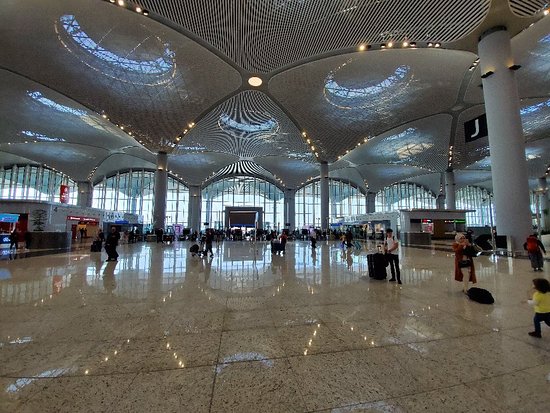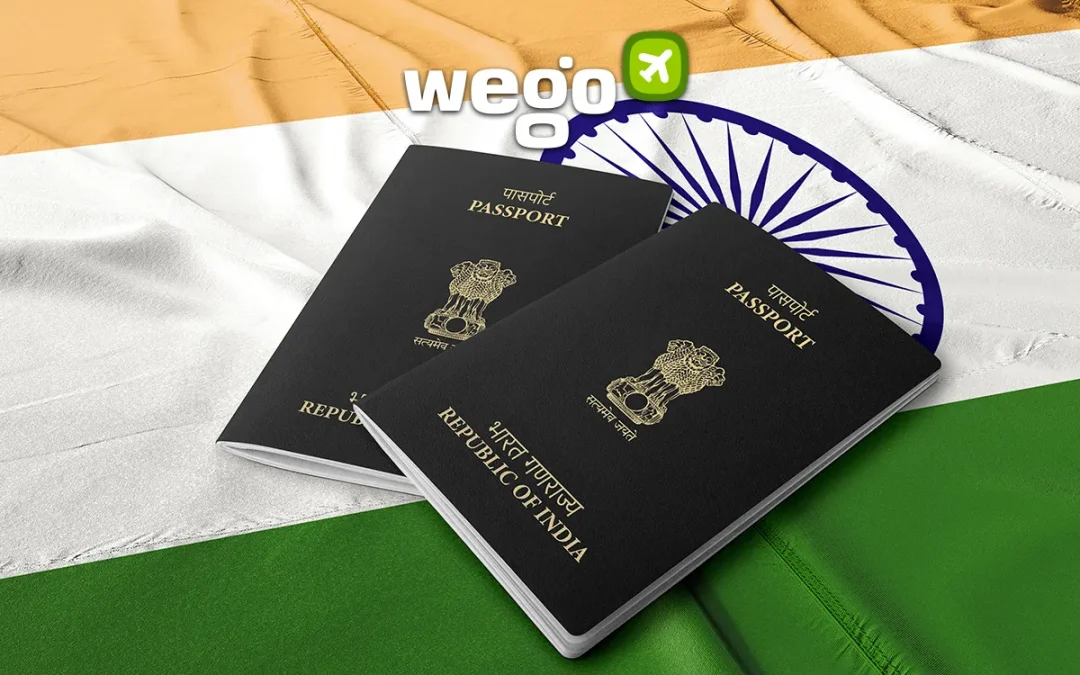Visiting India is a dream for many travelers around the world. From the majestic Taj Mahal to the vibrant streets of Mumbai, India offers a rich tapestry of experiences waiting to be explored. However, before embarking on your journey to this incredible country, it’s essential to understand the process of obtaining a tourist visa. TOURIST VISA FOR INDIA
Understanding India Tourist Visa
India offers various types of tourist visas to cater to the diverse needs of travelers. The most common types include e-Tourist Visa (eTV), Tourist Visa on Arrival (TVoA), and regular tourist visas. These visas differ in terms of duration, validity, and eligibility criteria.
Application Process
The application process for an Indian tourist visa has been streamlined in recent years, primarily through the introduction of the e-Tourist Visa scheme. Travelers can apply for an e-TV online, eliminating the need to visit the embassy or consulate. The process involves filling out an online application form, uploading required documents such as passport copies and photographs, and paying the visa fee electronically.
Visa Fees and Processing Time
The cost of an Indian tourist visa varies depending on the type and duration. Generally, fees range from USD 10 to USD 100 for most nationalities. Processing timeframes also vary, with e-Tourist Visas typically processed within 72 hours, while regular tourist visas may take longer. INDIA TOURIST VISA
Special Considerations
Travelers should be aware of special considerations such as visa extensions and renewals. While India allows for visa extensions in certain circumstances, it’s essential to adhere to the visa’s validity period to avoid overstaying. Additionally, travelers planning multiple trips to India may consider applying for a multiple entry visa to streamline the process.
Tips for Smooth Visa Application
To ensure a smooth visa application process, travelers should avoid common mistakes such as incomplete applications or providing incorrect information. It’s also advisable to prepare for the visa interview by familiarizing oneself with the purpose of the visit and providing necessary supporting documents.
Visa Approval and Travel Preparation
Upon approval of the tourist visa, travelers can proceed with their final travel preparations, including booking flights, accommodation, and planning their itinerary. It’s crucial to carry a printed copy of the visa approval along with other essential documents while traveling to India.
Enjoying Your Trip to India
With the visa formalities taken care of, travelers can fully immerse themselves in the beauty and diversity of India. From exploring historical monuments to sampling delicious cuisine, India offers a myriad of experiences for every type of traveler. It’s essential to respect local customs and traditions while traveling in India and to embrace the country’s rich cultural heritage.
Conclusion
Obtaining a tourist visa for India is the first step towards an unforgettable journey filled with exploration and discovery. By understanding the visa requirements and following the application process diligently, travelers can embark on their Indian adventure with confidence and ease.
FAQs (Frequently Asked Questions)
How long does it take to process an Indian tourist visa?
Processing times vary depending on the type of visa, but e-Tourist Visas are typically processed within 72 hours.
Can I extend my tourist visa while in India?
Yes, visa extensions are possible in certain circumstances, but travelers should adhere to the visa’s validity period to avoid complications.
What documents are required for an Indian tourist visa application?
Required documents usually include a valid passport, recent photographs, proof of travel itinerary, and proof of accommodation.
Is it necessary to visit the Indian embassy or consulate to apply for a tourist visa?
Not necessarily. With the introduction of e-Tourist Visas, travelers can apply online without visiting the embassy or consulate in person.
Are there any restrictions on the activities permitted under a tourist visa in India?
While tourist visas allow for recreational activities and tourism, engaging in activities such as business or employment requires a different type of visa.


